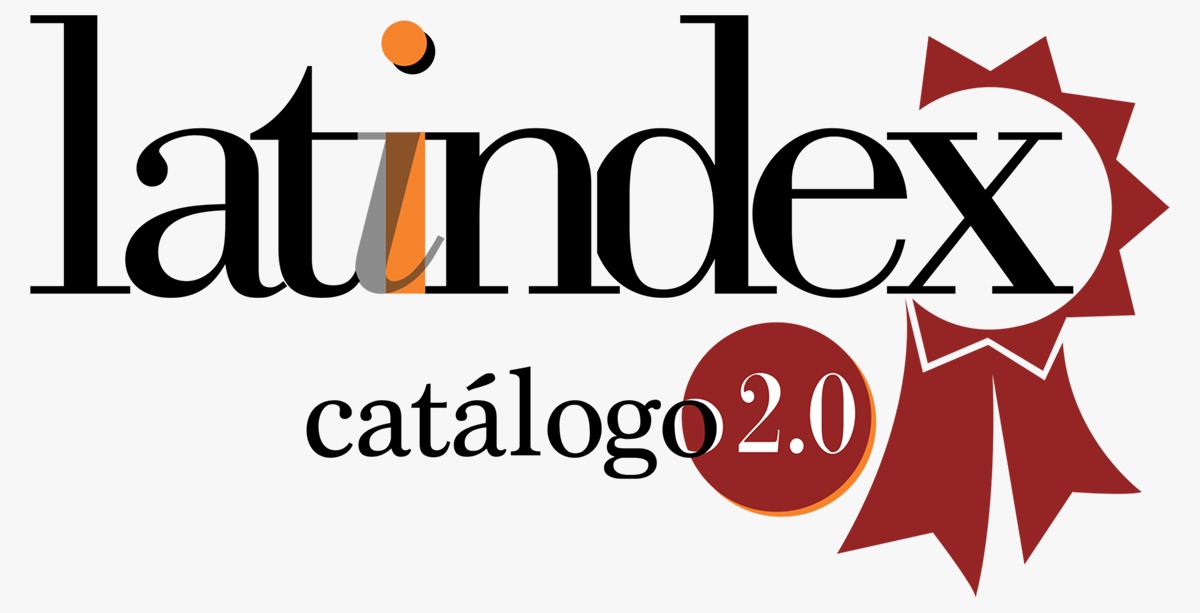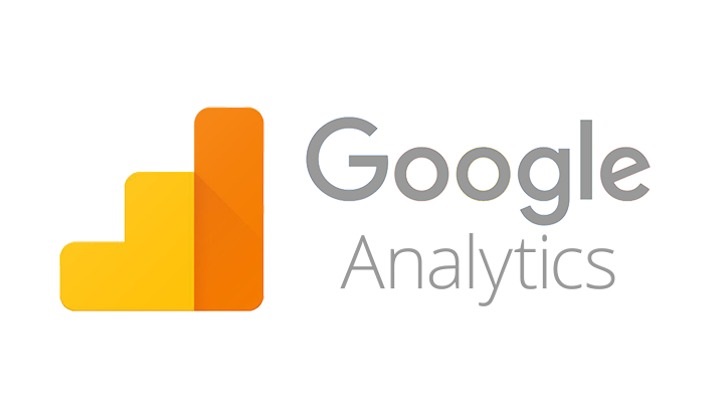Application of a training program to improve the levels of transformational leadership in third year high school students of the Héroes del 41 school in the city of Machala, Provincia del Oro
DOI:
https://doi.org/10.47865/igob.vol3.2020.86Keywords:
Transformational leadership, program, studentsAbstract
The scientific research that has been carried out is applied, of experimental design, which had as objective to demonstrate that the application of a training program, influences significantly improving the level of transformational leadership in the students of the third year of high school of the Héroes del 41 school. the city of Machala Province of Gold.
The design of the research is experimental longitudinal cut. For the data collection a test was made to evaluate the transformational leadership level of the students, the population consisted of 48 students, who formed two groups with 24 students and the experimental group with 24 students; the instrument went through a process of validity and reliability before being applied.
As for the program, six sessions were designed, which were developed in a time of two hours in which the students interacted, the pretest was applied first, and then the program was applied and the posttest was applied.
The results obtained show first that the application of a training program influences significantly improving the level of transformational leadership in the students of the third year of high school at the Héroes del 41 school in the city of Machala Provincia del Oro, when it is obtained that in the post-test the value of p = 0.000 <0.05.
Downloads
References
Abanto, W. (2014). Diseño y desarrollo del proyecto de investigación: Guía del aprendizaje. (1°ed). Universidad Cesar Vallejo. Trujillo. Perú.
Arias, A. & Cantón, I. (2007) La dirección y el liderazgo: Aceptación, Conflicto y Calidad. León. España.
Bass, B. (1985) Leadership and Performance Beyond Expectations. New York: The Free Press.
Bass, B. (1999) “Two Decades of Research and Development in Transformational Leadership”. En: European Journal of Work and Organizational Psychology, 8 (1), 9-13.
Castilla, E. (1999). Principales Métodos y Técnicas educativas. Lima: Edit. San Marcos.
Castro, A. & Casullo, M.M. (2003). Concepciones de civiles y militares argentinos sobre el liderazgo [Conceptions of leadership among military and civil Argentinian]. Boletín de Psicología, 78, 63-79.
Calderón, M, Chavarry P y Cahduvi, R (2016) Programa de liderazgo transformacional para mejorar el desempeño docente en una institución educativa del nivel primario. Revista científica de la universidad Señor de Sipán8 (2)
Cruz Y Rodea (2014). Liderazgo transformacional como herramienta de la productividad de los empleados de la empresa textil, municipio Ixtapaluca (grado de Licenciado en Administración). Universidad Autónoma del estado de México, México.
Hernández Sampieri, R, Fernández, C & Baptista, P. (2010). Metodología de la Investigación. (Quinta Edición). México D.F, México: McGraw-Hill.
Huerta y Padilla (2016), han sustentado la tesis titulada: Aplicación de un taller deliderazgo transformacional para la mejora del clima laboral en la empresa Brando’s Chicken E.I.R.L. en la ciudad de Trujillo, 2016., en la Universidad Privada Antenor Orrego.
Párraga, A. y Bartolo, A. (2014). Liderazgo transformacional del director y el desempeño del trabajador del personal de las instituciones educativas públicas de la Red, Ate, 2014. (Tesis de maestria), Universidad Cesar Vallejo, Lima – Perú.
Sánchez, H. y Reyes, C. (2002). Metodología y Diseños en la InvestigaciónCientífica. Lima: Editorial Visión Universitaria.
Published
How to Cite
Issue
Section
License
Copyright (c) 2020 IGOBERNANZA

This work is licensed under a Creative Commons Attribution-NonCommercial-ShareAlike 4.0 International License.
Esta obra está bajo una licencia internacional Creative Commons Atribución-NoComercial-CompartirIgual 4.0.
















